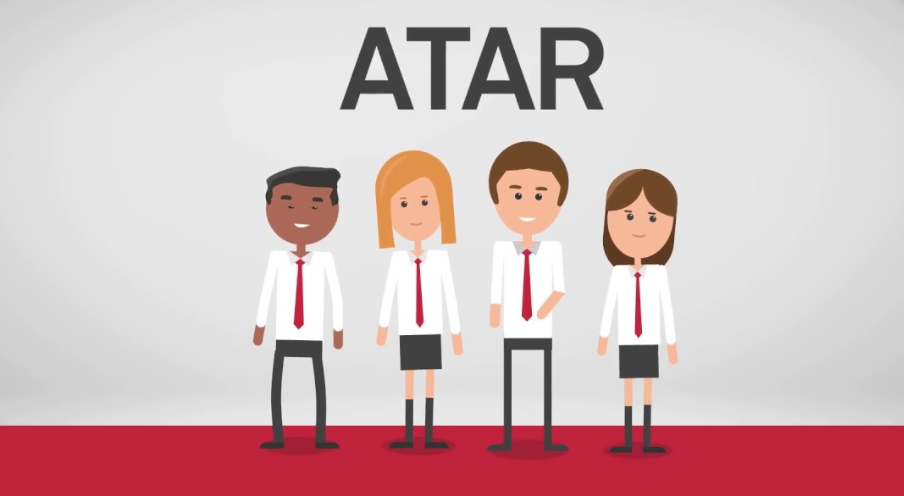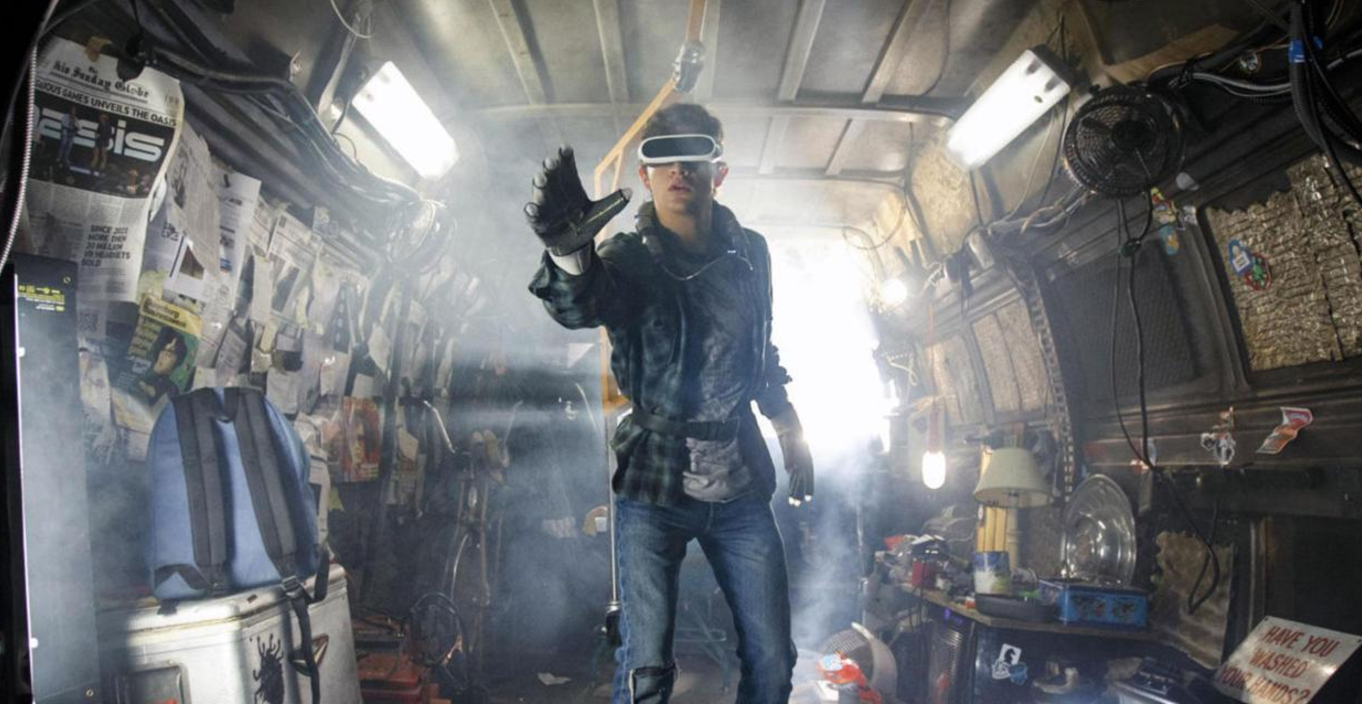
Google are grooming our kids. Yep, you read that right. As I type this my child is sitting next to me doing school work at home – thanks to the ‘free’ Google classroom software – on his Chromebook, with all his data being stored in Googles servers.
The world’s biggest Surveillance Capitalist is in the middle of creating a shadow profile for my boy. It doesn’t matter that he is not registered in his own name, doesn’t have a photo next to his profile or that his data is encrypted. Google can tell who he is, where he lives, what age he is, who his siblings are and pretty much everything they want to know through the data they gather. They can even build a biometric pattern of him by tagging his unique typing pattern.
Here’s what’s disturbing – at no point was I asked by the School or our Education Department to give consent to Google for my children to use their service. And the terms of services, as you can imagine, are heavily in Googles favour. There’s been no discussion that I can remember about bringing software into primary schools where the end users are below the age of reason, and the providers entire business model is based on surveillance.
Being concerned, I decided to perform some searches about the issue, ironically on the same companies search engine. My searches included:
Google Classroom – Google Classroom Issues – Google Classroom Problems
All of which yielded trouble shooting links from the same corporate giant. As I am sure you probably guessed, these weren’t the ‘problems‘ I was looking for, and herein lies the ‘issue‘.
Finally I searched Google Classroom In Australia and I was greeted with a link to an Australian Government URL which was essentially a PDF brochure from Google. I was astounded.
The problem of course is that the software they provide is very good, and comes at zero cost to education providers. But, there are better ways to provide our kids with the digital educational resources – and we need look no further than one of Australia’s best educational providers – The ABC.
The ABC is already our most trusted source of news, boasts our most visited news specific website and creates an incredible array of content across science, politics, art and culture. Our national broadcaster is something our government owns and controls and we all have a vested interest in maintaining. The ABC already offers school-aged children a broad range of entertaining and educational content in subjects ranging from maths to literacy to how to be media savvy. These have been widely used by schools to support learning, and even more so during the current closures.
So here’s what we ought do with our Aunty – the ABC – make it our National Digital Education Hub.
The ABC is well positioned to become a national provider of educational software platforms, live digital communications, and data storage. All of which would compliment what it already produces in various forms. The ABC could work closely with the education department to provide students with the digital resources we sorely need at all levels of education in Australia.
This is the perfect fit given the ABC’s remit over digital media in its charter and recent product evolution. It makes sense to utilise an existing and trusted Australian-controlled digital asset to replace services currently provided by a for-proft, foreign-owned business (such as Google) with a patchy track record in data security and nefarious designs on our personal data.
The services offered by Google Classroom – email, documents, sheets, slides, cloud storage, file sharing, video sharing website, video chat and servers – can all be replaced by local equivalents. In fact, the core product that Google provide to students are the simplest to build. Google Classroom tools are basic live to the cloud iterations of software we’ve had since the early 1980’s. Read here – very easy to make – not a secret. We have an opportunity to build them here and start exerting our digital sovereignty. Done well, and we could actually export the platform and licence it to other countries. Something which which would be well received in Asian markets given higher education is currently our country’s 3rd biggest export.
It’s time we got serious about our the digital side of education in Australia. And while this proposal might sound crazy to some, I’d argue we’d be crazy not to protect our children and build a system which might become a powerful fulcrum for our future.





